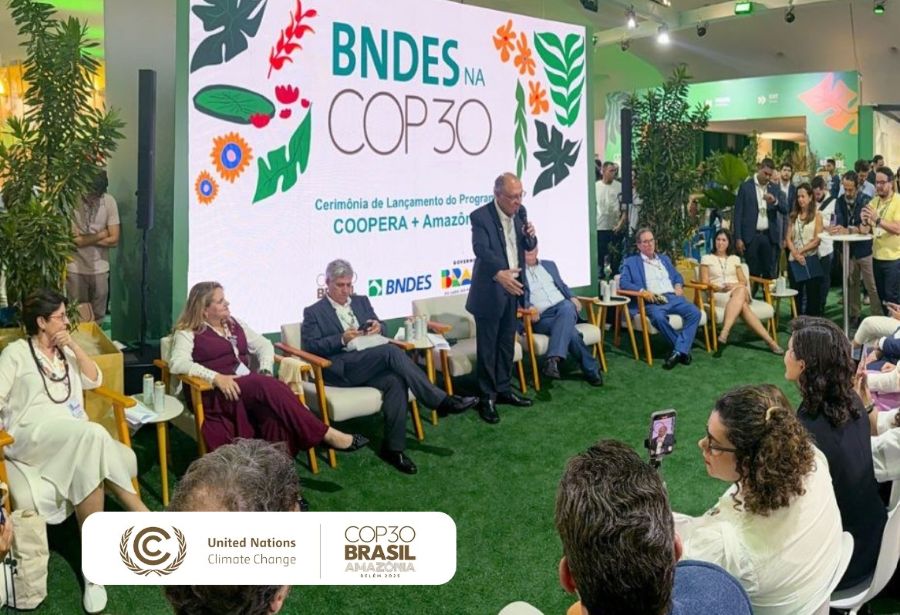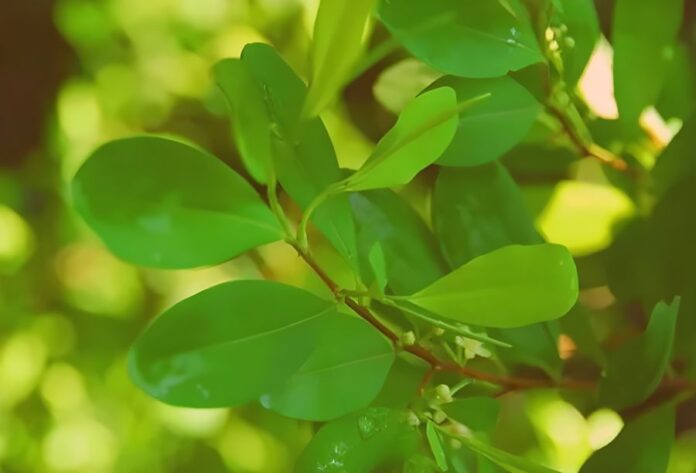A historic milestone was unveiled at COP30 with the announcement of the Mamirauá Declaration, a groundbreaking framework that unites Amazonian Indigenous Peoples and local communities with scientists and global partners to transform biodiversity monitoring across the region.
Amazon conservation, Indigenous Peoples, Amazonian scientific institutions, NGOs, governments, and global partners today unveiled the Mamirauá Declaration at COP30 a groundbreaking, collective commitment to transform how biodiversity is monitored, governed, and protected across the Amazon Basin.
COP30: Mamirauá Declaration Launched
Led by the Mamirauá Institute for Sustainable Development and the Universitat Politècnica de Catalunya, BarcelonaTech (UPC), the Declaration brings together voices and institutions that have never before aligned under a unified framework. For the first time, a shared vision anchored in Indigenous leadership, scientific excellence, and regional cooperation has been formally adopted a milestone many see as long overdue for the world’s most vital rainforest.
Already, 30 organizations — including the Mamirauá Institute, The Sense of Silence Foundation, the Universitat Politècnica de Catalunya, WCS, WWF, Panthera, Alana Foundation, Imazon, Instituto Nacional de Pesquisas da Amazônia (INPA), Museu Paraense Emílio Goeldi, New York University, Lobelia, Wildlife Insights, and XPRIZE — have signed the Declaration, with additional institutions committed to join this growing alliance.
The Mamirauá Declaration marks a turning point, said Emiliano Ramalho, co-promotor of the initiative and Technical Scientific Director at Mamirauá Institute. “It reflects a new era of collaboration — ethical, inclusive, and rooted in the knowledge and rights of the peoples who have protected the Amazon for millennia.” Michel André, Director of the Laboratory of Applied Bioacoustics of the Universitat Politècnica de Catalunya, BarcelonaTech (UPC), International Ambassador of the Mamirauá Institute and co-promotor of the Mamirauá Declaration underlines that “with this historic declaration we aim at providing an unified and quick response to the international demands for the Amazon conservation”.
A Transformational Framework for Biodiversity Monitoring
Guided by principles of participatory governance, equitable partnerships, ethical open data (FAIR, CARE, TRUST), technological innovation, transparency, and Free, Prior and Informed Consent (FPIC), signatories commit to a collaborative, inclusive, science-driven approach ensuring protection and regeneration of Amazonia for future generations by:
– Creating an unprecedented alliance uniting Amazonian governments, scientific institutions, Indigenous Peoples and Local Communities (IPLCs), NGOs, and the private sector to safeguard Amazonian biodiversity.
– Responding to urgent threats such as deforestation, climate change, and unsustainable resource use, establishing a coordinated cross-border monitoring effort.
– Affirming the Amazon Basin’s global ecological importance for climate regulation, carbon storage, biodiversity, and cultural heritage.
– Recognizing Indigenous rights, intergenerational equity, gender sensitivity, and the value of traditional knowledge combined with modern science.
– Calling for a standardized, interoperable, and adaptive biodiversity monitoring system enabling evidence-based decision-making across the region.
– Building on international frameworks: CBD, Paris Agreement, Kunming-Montreal Global Biodiversity Framework, and regional commitments such as the Belém Declaration and ACTO.
While independent of any single project or institution, the Declaration acknowledges the growing role of science and technology when deployed ethically and collaboratively.
Actions and Expected Results
Brazil announces R$107 million to boost the Amazon bioeconomy at COP30

Structured by Sebrae, in partnership with the MDIC, the program aims to improve management, increase productivity, expand markets, and incorporate technologies that strengthen the Amazon bioeconomy. Planned actions include consultancy services, training, technical assistance, rural extension, and the acquisition of machinery to reduce the hardship of extractivist labor and add value to products.
Expected outcomes include higher productivity, increased value-added products, revenue growth, expansion of cooperative membership, waste reduction and reuse, and higher income for beneficiaries. The initiative strengthens business models that preserve the forest and provide economic alternatives to deforestation.
The strategy also includes the creation of a Territorial Business Office to support cooperatives in commercial expansion, brand strengthening, and market access. Local Innovation Agents for Cooperatives (ALICoop), sponsored by Sebrae, will monitor technological and managerial improvements. Furthermore, the project will incorporate Embrapa’s survey of machinery and equipment suited to sociobiodiversity value chains, expanding the sector’s mechanization potential.
Amazon Fund
Created in 2008, the Amazon Fund is Brazil’s main international cooperation mechanism for climate action, combining forest protection, sustainable development, and improved quality of life in the Legal Amazon. After the resumption of donations in 2023, the number of donors increased from three to nine, including the European Union, the United States, and the United Kingdom.
Since its inception, the Fund has benefited approximately 260,000 people, supported 144 projects, and strengthened more than 600 community organizations, reaching 75% of municipalities in the Legal Amazon Region. Its resources finance activities such as deforestation prevention, bioeconomy, sustainable value chains, protection of Indigenous Peoples and traditional communities, as well as monitoring, research, and environmental innovation.
Coordinated by the MMA and implemented by the BNDES, the Fund contributes directly to Brazil’s climate targets, the Paris Agreement, and the Action Plan for the Prevention and Control of Deforestation in the Legal Amazon (PPCDAm).
These investments will boost producers’ livelihoods by developing new machinery.
By Mayara Souto and Edson Carvalho / COP30
By COP30BR
A New Chapter for Amazon Conservation
The event at COP30, supported by the XPRIZE Foundation, culminated in the formal signing of the Mamirauá Declaration, — a collective commitment that many hope will become a foundational pillar for collaborative biodiversity governance across the Amazon Basin for decades to come.
“This is a historic moment,” said Pedro Hartung, CEO of the Alana Foundation and supporter of the Declaration. “For the first time, the Amazon has a shared roadmap for biodiversity monitoring — created by the very people and institutions who steward it.”
About the Mamirauá Institute
The Mamirauá Institute for Sustainable Development is a leading Amazon-based research and conservation organization dedicated to biodiversity science, community-based management, and sustainable development.
About the Laboratory of Applied Bioacoustics (UPC)
The Laboratory of Applied Bioacoustics (LAB) at the Universitat Politècnica de Catalunya (UPC-BarcelonaTech) is a leading research center dedicated to studying how human activities impact terrestrial and aquatic ecosystems through sound. Combining cutting-edge engineering, ecology, and artificial intelligence, the LAB develops advanced real-time acoustic monitoring technologies used worldwide to protect biodiversity, particularly in the Amazon. Its work spans marine environments, tropical forests, and polar regions, supporting science-based conservation, policy, and sustainable management of natural habitats.
By XPRICE



